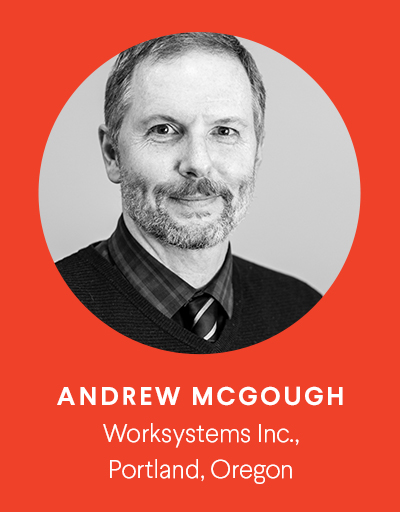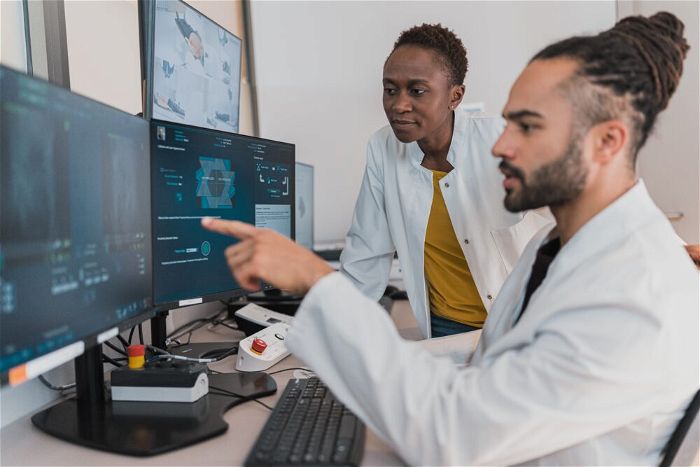Challenge
Misaligned funding and accountability measures make it challenging for partners to streamline delivery of services and compare performance metrics in a meaningful way.

December 20, 2019
Future-Focused Workforce Board Behaviors | Workforce boards that actively seek out new opportunities can increase their influence and expand the range of services they help make available to their communities.
Too often, workforce development boards place constraints on themselves based on the status quo, resource limitations, lack of capacity, and other hurdles. By burdening themselves with such barriers, which they may perceive to be insurmountable, workforce organizations may become incapable of reaching their potential as community leaders and drivers of innovation that power regional growth and development. Without the ability to open themselves up to new opportunities by envisioning what could be rather than accepting what is, workforce boards may not make the most of their capacity to be economic engines within their communities.
An opportunity-oriented approach to providing services is one of four future-focused behaviors identified by AWAKE. These behaviors were vetted by a diverse group of workforce professionals from across the country to ensure they are reflective of the core characteristics, priorities, and commitments needed to prepare and transform America’s workforce system to ensure that all workers and learners succeed.
Misaligned funding and accountability measures make it challenging for partners to streamline delivery of services and compare performance metrics in a meaningful way.
The workforce system is much more than a collection of programs supported by federal and state funds. In the past, workforce boards might have been solely defined by public funding streams and federal accountability measures. Today, they are not. Workforce boards are pursuing more ambitious goals that seek to redefine how people interact with the workforce system. They’re harnessing the complementary goals of community stakeholders, creating new financing mechanisms, and working with partners in the private sector, particularly businesses that are developing new job and employment technologies.
Future-focused workforce boards can inspire organizations in their communities and instill confidence in those willing to change. The opportunity to fail is a privilege rarely afforded to public systems, but there is no reward without risk. Funders should place flexible bets on workforce boards that have expansive visions by supporting them when they fail and amplifying their innovations when they succeed. Private investors back capacity and technology infrastructure, and they double down on proven and trusted leaders. Public-sector investment should be approached in the same way.
Opportunity-oriented leaders and organizations are helping to usher in a new era of service delivery and operations at workforce boards and AJCs across the country. They may not have all of the answers as to how the U.S. workforce system must evolve and transform in order to effectively support all types of workers and learners in the new economy, but they are finding creative ways to experiment, fail forward, and engage in disruptive conversations about how the workforce system can keep up with the pace of change.


Future-focused workforce leaders excel in today’s rapidly changing world. About Future-Focused Workforce Boards In addition to clarifying the challenges and opportunities facing the workforce development system, AWAKE’s interviews with workforce board leaders revealed a clear…

Workforce boards support 15 million Americans each year. JFF provides insights and advice to workforce leaders as they navigate change. The future of work is now, and many workforce boards are aggressively pursuing greater efficiency,…

Yet, among all of this turbulence, we are beginning to see that embracing calculated risk and uncertainty, particularly when engaging with new partners, can reveal possibilities we never knew existed. Over the past 18 months,…

Driving innovation through insights, incubation, and investment. New technologies and models are radically transforming our workforce and education systems. These shifts create opportunity but also risk reinforcing systemic inequities. Promising solutions that maximize learner opportunity…

Regional workforce development builds capacity and shapes practices to help more people and communities succeed. Our federal and regional workforce development systems have the potential to promote strong economies and expand access to quality jobs.…